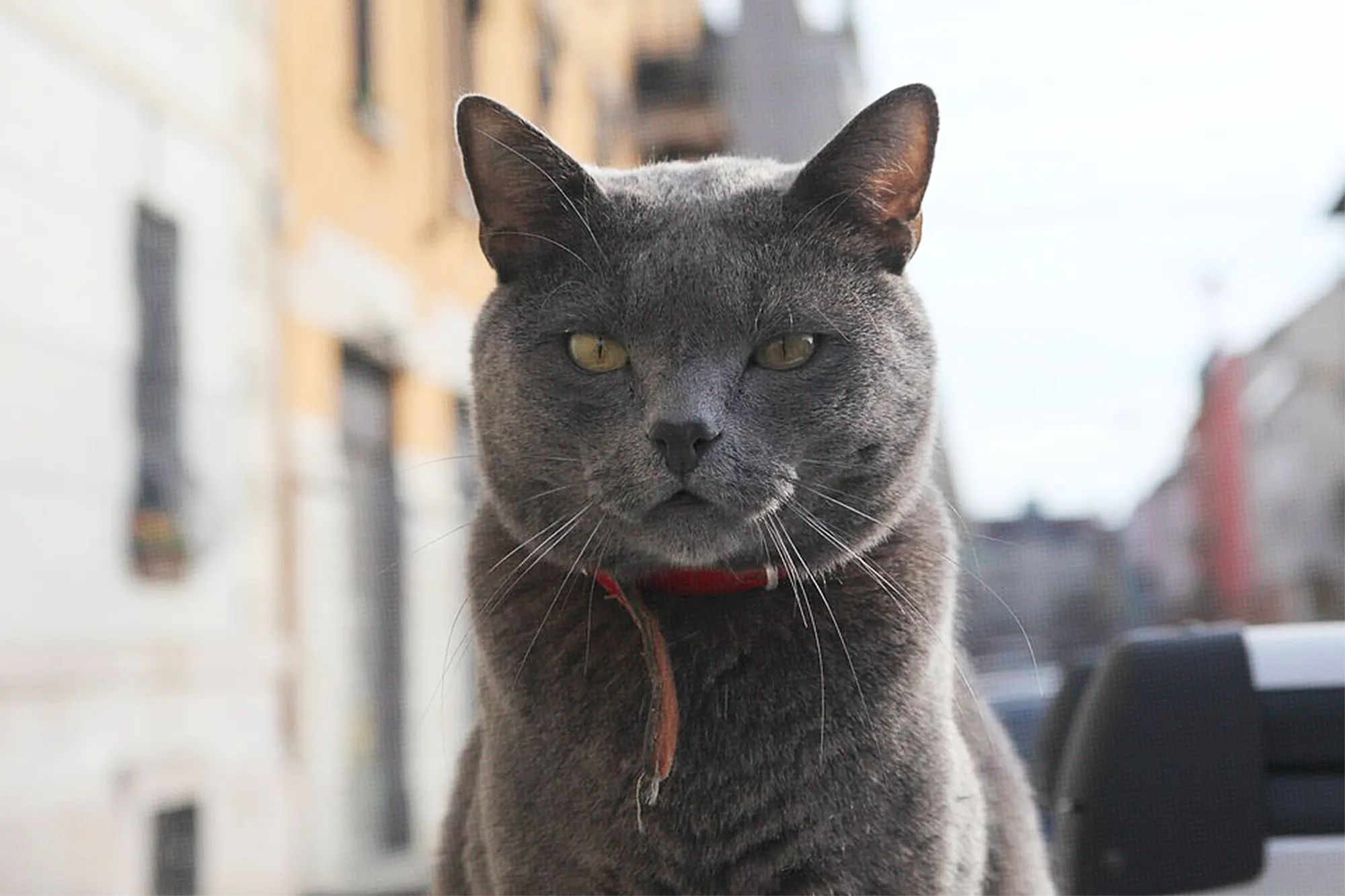Cats are obligate carnivores, which means that they require a diet that is primarily made up of meat. While many cat owners feed their feline companions a diet that is solely based on commercially available cat food, others may want to supplement their cat’s diet with other types of food, such as mushrooms. But can cats eat mushrooms? In this blog post, we’ll take a closer look at this question and explore the potential benefits and risks of feeding mushrooms to your cat.
Can Cats Eat Mushrooms?
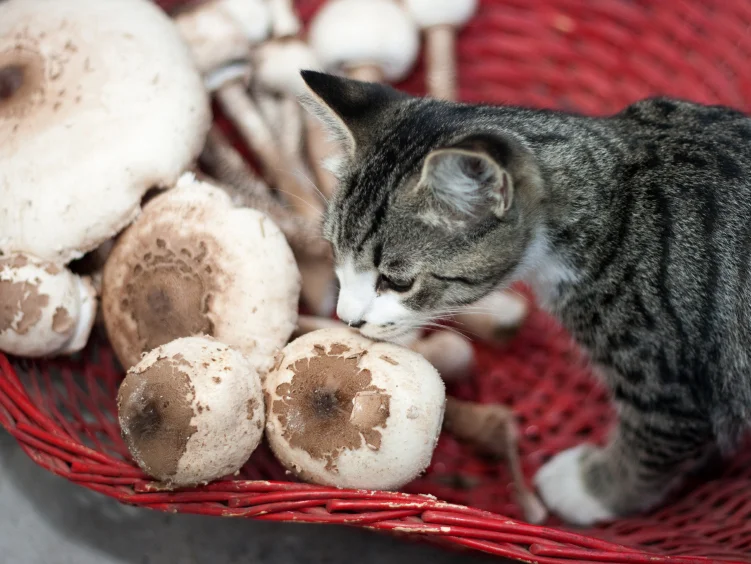
The short answer is that it depends on the type of mushroom. Some mushrooms are safe for cats to eat, while others are toxic and can cause serious health problems. It is important to note that cats are generally not interested in eating mushrooms, and it is not recommended to feed them to your cat as a regular part of their diet. If you do decide to feed your cat mushrooms, it is important to do so in moderation and to choose the safe varieties.
Safe Mushrooms for Cats
There are some types of mushrooms that are safe for cats to eat in small amounts. These include:
Button Mushrooms
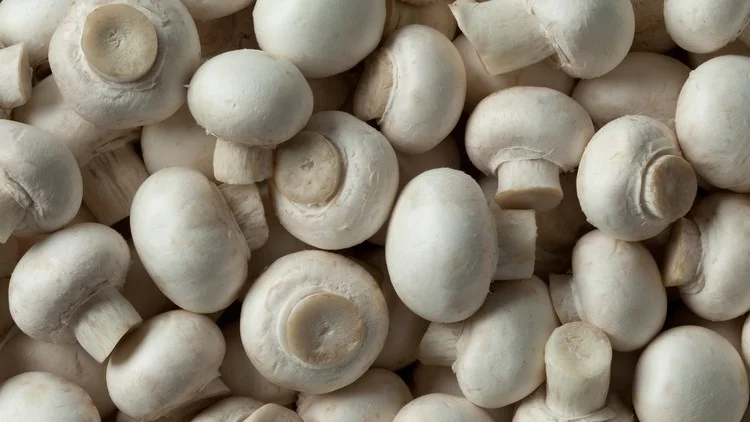
Button mushrooms are a common variety of mushroom that are safe for cats to eat in small amounts. Button mushrooms are rich in vitamins (B and D), minerals (selenium and potassium), and antioxidants. They also provide a decent amount of fiber and protein but are low in sodium and fat.
Shitake Mushrooms
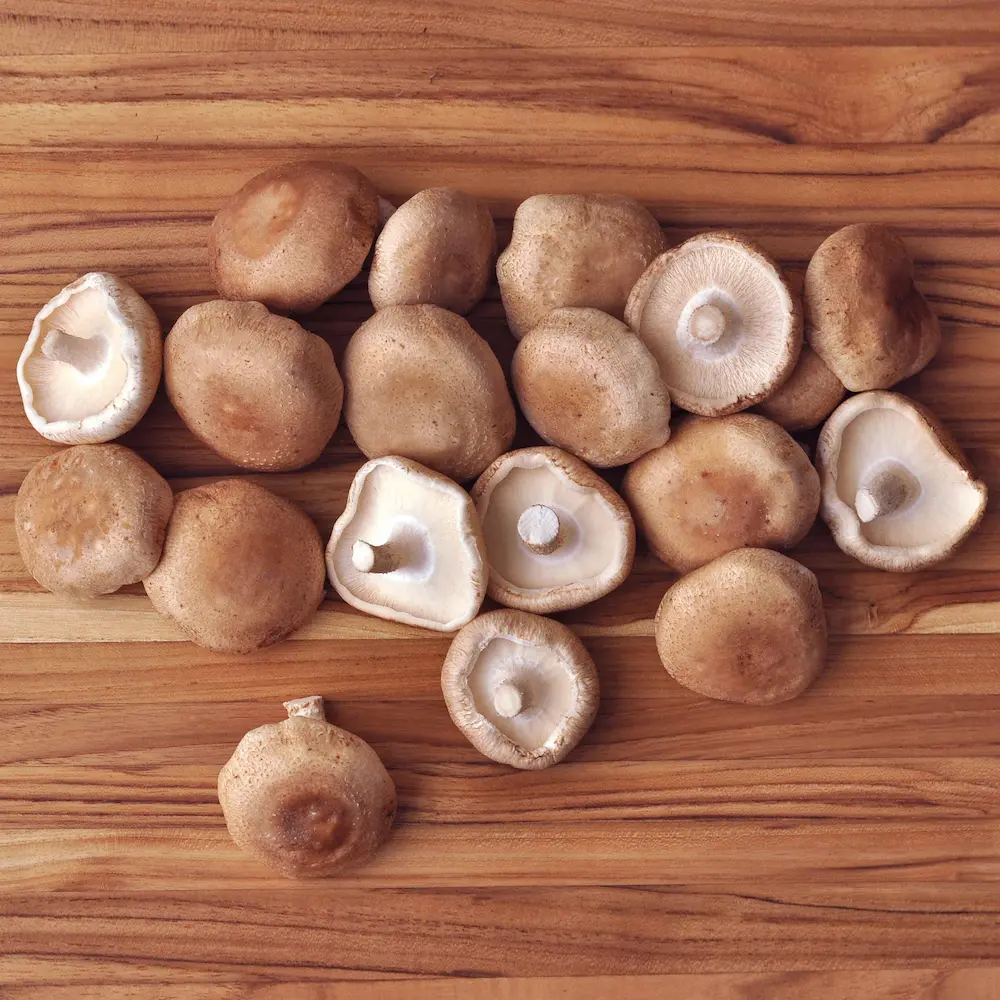
Shitake mushrooms are another safe variety of mushroom for cats. They are rich in protein, vitamins, and minerals, and are low in calories.
Oyster Mushrooms
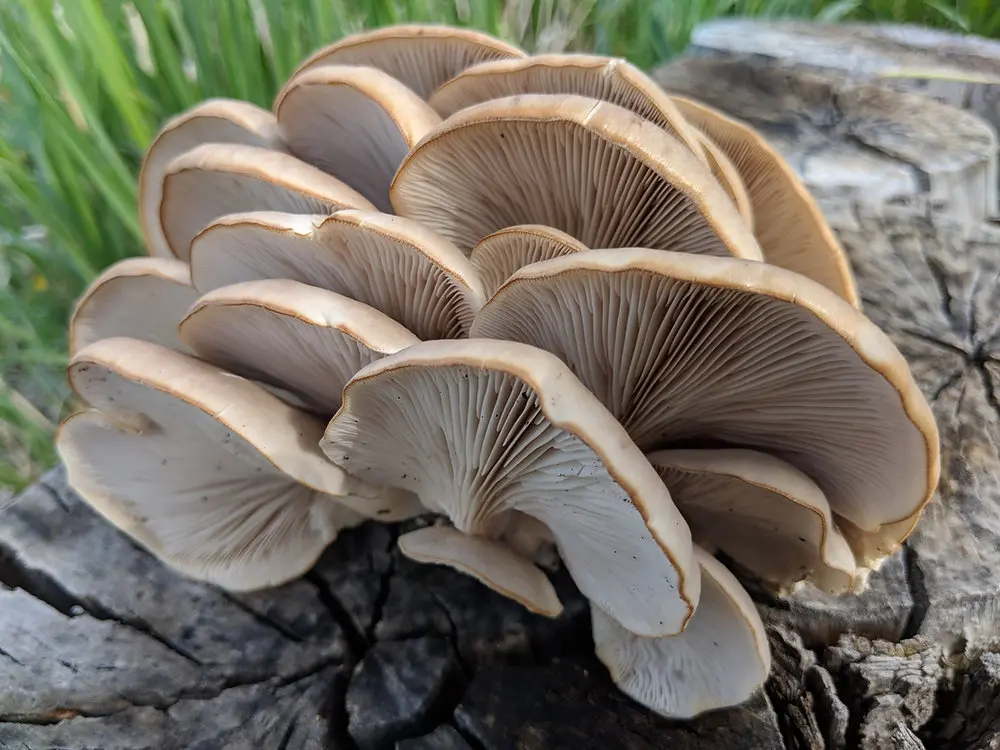
Oyster mushrooms are safe for cats to eat and are a good source of protein, vitamins, and minerals.
Toxic Mushrooms for Cats
There are many types of mushrooms that are toxic to cats and can cause serious health problems. These include:
- Amanita Mushrooms: Amanita mushrooms are highly toxic and can cause liver failure and death in cats.
- Death Cap Mushrooms: Death cap mushrooms as the name suggests, are also highly toxic and can cause liver failure and death in cats.
- False Morel Mushrooms: False morel mushrooms are toxic and can cause vomiting, diarrhea, and seizures in cats.
- Fly Agaric Mushrooms: Fly agaric mushrooms are toxic and can cause hallucinations, seizures, and death in cats.
Symptoms of Mushroom Poisoning in Cats
If your cat ingests poisonous mushrooms, they may show symptoms like drooling, vomiting, diarrhea, abdominal pain, depression, unsteady movement or even seizures. This is an immediate sign to seek veterinary help.
What to Do if Your Cat Eats a Poisonous Mushroom?
Immediate action is crucial if your pet has eaten a toxic mushroom. Contact your vet or reach out to the Animal Poison Control Center. Try to identify the type of mushroom consumed, as it can significantly aid the treatment process.
Keeping Your Cat Safe
Remember, prevention is far better than cure:
- When outdoors, be sure to keep an eye on your cat and prevent them from eating wild mushrooms.
- When cooking with mushrooms, keep them out of your cat’s reach.
Conclusion
While some varieties of mushrooms are safe for cats to eat in small amounts, it is generally not recommended to feed them to your feline. There are many types of mushrooms that are toxic and can cause serious health problems, and it can be difficult to determine the safety of a particular type of mushroom. If you suspect that your cat has ingested a toxic mushroom, it is important to seek veterinary care immediately. As always, it’s best to consult with a veterinarian or other animal health expert if you have any questions or concerns about your cat’s diet or health.
